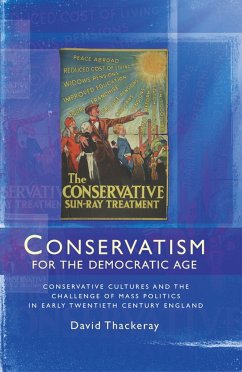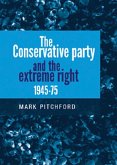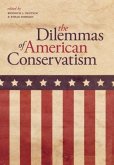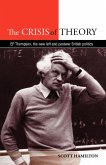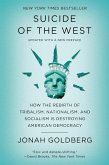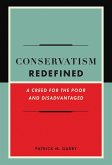How did a party which lost three consecutive elections in the Edwardian period become the most successful force in British politics after 1918? This book offers a new interpretation of the Conservative Party's revival and adaptation to democratic politics in the early twentieth century, a period in which the British electorate more than tripled in size. We cannot appreciate the Conservatives' unique success in British politics without exploring the dramatic cultural transformation which occurred within the party during the early decades of the century. This was a seminal period in which key features of the modern Conservative Party emerged: a mass women's organisation, a focus on addressing the voter as a consumer, targeted electioneering strategies, and the use of modern media to speak to a mass audience. New insights are provided into how the Conservatives met the challenges provided by class, gender and regional identities and the means by which the party adapted to innovations made by their opponents. Rather than offering a conventional party political history, this book provides the first substantial attempt to assess the Conservatives' adaptation to democracy across the early twentieth century from a cultural perspective. This book will appeal to academics and students with an interest in the history of political communication, gender and class in modern Britain.

